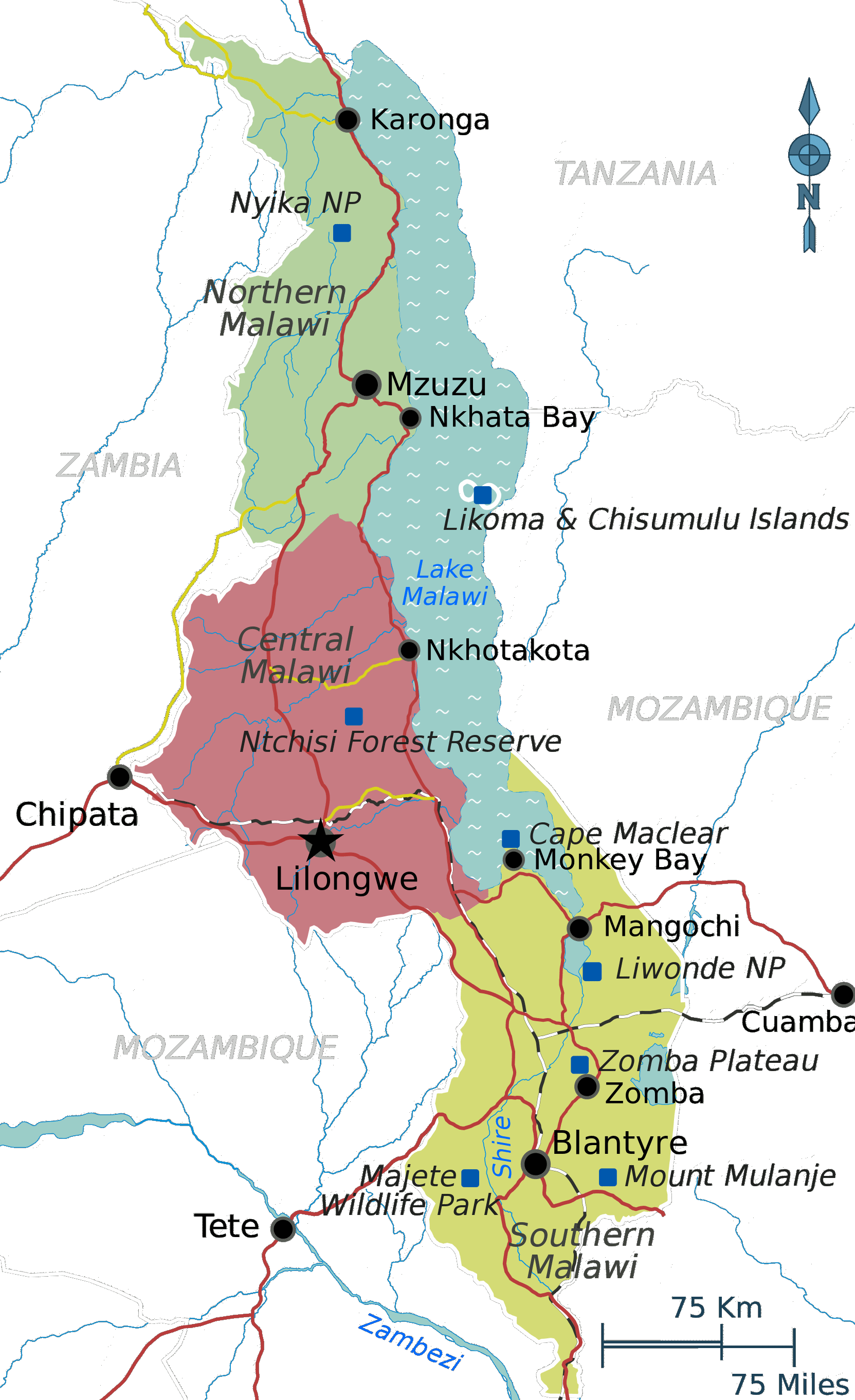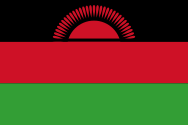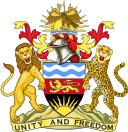With common sense, anyone in Malawi can expect to lead a healthy life. The principal threat to health, especially for someone without acquired immunity or partial immunity, is malaria.
MALARIA
Malaria is contacted through the bite of the anopheles mosquito. The mosquito is found in greater numbers in low-lying or swampy areas such as the Lower Shire Valley and the Lake shore. However, it is to be found throughout Malawi, except in mountainous areas, throughout the year but in greater numbers during the rainy season. Mosquitoes are more active at dusk and in the early hours of the morning. The most effective way of preventing malaria is to take measures to prevent the mosquito from biting. Always sleep under insecticide treated nets fitted in all good hotels/lodges and readily available in shops. Wear long sleeves and long trousers in the evenings. Use a mosquito repellent – we recommend Peaceful Sleep spray. Most Malawians or long term residents do not take prophylactics. However, visitors are seriously advised to seek medical advice prior to their visit. There are a number of prophylactic regimes available.
The symptoms of malaria are many and various and are very similar to a heavy cold or flu. Blood tests are available at many doctors’ surgeries and at local hospitals and clinics. A negative result does not necessarily mean ‘no malaria’. Tests over several days may be necessary to determine whether there is malaria or not. It is advisable especially for visitors, to seek medical attention immediately.
Drugs are generally readily available everywhere.
BILHARZIA
Bilharzia is caused by a parasitic worm (schistomes) with a smart life cycle. In fresh water certain types of snails are present that are carriers of the worm. If you are unlucky, these worms will penetrate your skin, do grand tour of the body, and then settle down in the blood vessels surrounding your bladder or large intestine. Here they enjoy themselves producing eggs, which when released cause irritation of the bladder or bowel, before rediscovering the outside world. Bilharzia can only be contracted in FRESH WATER. Most travellers pick up the little blighters in sub – Saharan Africa in Lakes Malawi, Victoria, Kariba and Volta. If you are very unlucky you will get acute Schistosomiasis. About half of all travellers who become infected show no symptoms and for those who do, tiredness is the most common. Occasionally, after months or years, more serious symptoms can occur such as blood in the urine, which is why it’s worth getting checked and treated.
The best way to avoid Bilharzia is by not swimming in still or stagnant waters, such as large ponds or marshes and at the Lake in lagoons where there is a high concentration of people. In moving water or further out off shore in the Lake or at the Islands poses very little threat of the worm finding you.
HEALTH SERVICES
The national health services are provided by the Government’s Ministry of Health through District Hospitals and clinics. There are a number of referral hospitals. The Malawi College of Medicine works closely with the referral hospitals to provide specialist services. Government hospitals and other facilities are often understaffed and under-resourced. Drugs and other requirements may be in short supply. Treatment is generally free or almost free. Fee paying facilities are available at some Government hospitals which may shorten queues for treatment but the underlying problems of staffing and shortages remain. The work of Government is augmented by others. The Christian Hospital Association of Malawi (CHAM) provides hospitals in many centres. These are generally better staffed and resourced but demand a fee, usually at low cost, for their services. There are a number of well equipped private hospitals.
It is advisable for those travelling to Malawi or Africa in general to have a travel insurance obtained from back home which covers medical matters.

| Flag |
 |
| Coat of Arms |
 |
| Capital |
| Lilongwe |
| Language(s) |
| Chichewa English |
| Government |
| Unitary Presidential Republic |
| President |
| Arthur Peter Mutharika |
| Vice-President |
| Saulos Chilima |
| Area |
| 118,484 km2 |
| Population(2016 Estimate) |
| 18,091,575 |
| Currency |
| Kwacha (MWK) |
| Timezone |
| CAT (UTC+2) |
| Dialling Code |
| +265 |
| Internet TLD |
| .MW |